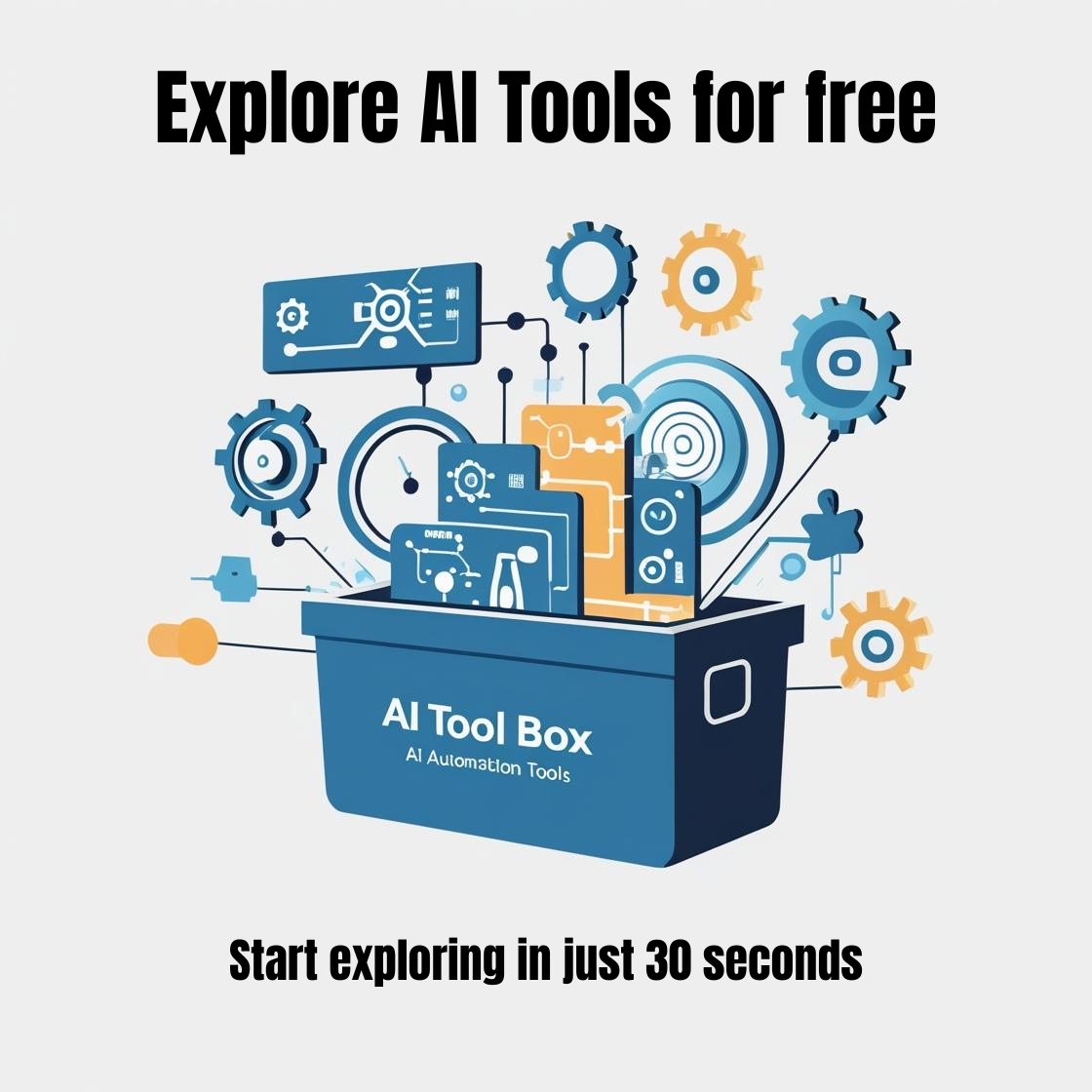ROI Case File No. 009 | FAQ Not Functioning—The Customer Department Fighting Time Thieves
📅 2025-05-06
🕒 Reading time: 4 min
🏷️ ROI 🏷️ customer service Department 🏷️ 4P Analysis 🏷️ SWOT Analysis 🏷️ PDCA 🏷️ KPT Analysis 🏷️ ChatGPT 🏷️ Claude 🏷️ Gemini 🏷️ AI Team

Chapter I: An Incoming Request
Thunder shook the windows of 221B Baker Street that night. As I, Watson, organized case records at my desk, the office door suddenly burst open.
"Gentlemen, please help us!"
A woman who appeared to be a customer support department manager rushed in breathlessly. In her hands, she clutched a thick bundle of documents.
"We're being inundated with 400 monthly inquiries and are completely drowning. We have an FAQ page, but it's like a ghost that no one ever sees. Daily repetition of the same questions, exhausted staff, and our improvement work has completely stopped."
Her voice carried deep fatigue and despair. Monthly workload equivalent to 100 hours—that certainly exceeded human limits.
"A fascinating case indeed," said the three detectives, rising from beside the fireplace.
Chapter II: Three Detectives' Perspectives
🟦 Gemini spoke first. "Let's break this down with a KPT Analysis, shall we? Keep (what to continue), Problem (issues), Try (what to attempt)—let's organize along these three axes."
He began calmly analyzing the situation. "The current FAQ system has obvious structural defects. Poor searchability, inadequate categorization, low usability—these are all design problems."
⬜️ ChatGPT continued. "That's quite intriguing to explore further, isn't it? Behind non-functioning FAQs, surely multiple factors are intertwined?"
She developed hypothesis after hypothesis. "Unanalyzed question patterns, deficient search functionality, and above all, the possibility that a 'culture of research' hasn't taken root."
Then 🟧 Claude spoke quietly. "Perhaps we should convey this with more 'feeling'? The true problem with FAQs isn't technical deficiency, but that 'knowing how to search, not just knowing, is key.'"
Chapter III: Dissecting Policies and Structures
The three detectives began detailed verification of the provided materials.
🔍 Gemini's Analytical Framework Development
SWOT Analysis reveals Strengths in existing FAQ content accumulation, Weaknesses in searchability and UI design, Opportunities in AI-powered automatic categorization, and Threats in competitors' improving customer experience.
Specific improvement points: - Reconstruction of classification systems using 5W1H structure for questions - Introduction of tag-based search systems - Continuous improvement cycles through user behavior logs
💡 ChatGPT's Background Deep Dive
"Why aren't FAQs used? Because the act of 'searching' is perceived as 'troublesome.' UI design needs pathways that allow users to reach answers via the shortest route."
Specific prototype presentation: - Natural language search functionality - Question prediction suggestions - Progressive filtering refinement
✨ Claude's Psychological Perspective
"Technical improvements alone are insufficient. What matters is creating mechanisms that 'make people want to search.'"
Transformation through word magic: - "Frequently Asked Questions" → "Shortcuts to Solutions" - "FAQ" → "Knowledge Garden" - Answer design with problem-solving narratives
Chapter IV: Systematic Summary of Analysis
Gemini organizes the whole structurally.
📊 Problem Structuring via 4P Analysis
- Product: FAQ quality improvement
- Price: Search time reduction
- Place: Accessibility enhancement
- Promotion: Culture cultivation for usage
🎯 Numerical Goal Setting
| Metric | Current | Target | Improvement |
|---|---|---|---|
| Search success rate | 20% | 80% | 300% increase |
| Average resolution time | 15 min | 3 min | 80% reduction |
| FAQ usage rate | 5% | 60% | 1100% increase |
"By running PDCA cycles, continuous improvement becomes possible. User behavior analysis at the Check stage is particularly important."
Chapter V: Cross-Reinforcement of Conclusions and Hypotheses
📖 Claude's Storytelling Integration
"This case's truth isn't a technology problem. It's a deeper organizational culture issue—the absence of a 'research culture.' FAQ systems aren't mere information warehouses, but gateways to 'autonomous problem-solving.'"
A truly customer-first organization doesn't give customers fish, but teaches them how to fish. FAQ improvement is merely the first step.
🔍 ChatGPT's Insight Articulation
"What emerges from this analysis is the importance of fusing 'information design' with 'experience design.' What users seek isn't answers, but 'the experience of reaching answers.'"
💰 Gemini's Decisive Hypothesis
ROI Calculation Results: - Response time reduction: 100 hours → 30 hours (70% reduction) - Monthly cost reduction: ¥300,000 → ¥90,000 - Investment recovery period: 2 months - ROI: 400%
As these numbers show, FAQ improvement is an essential management initiative.
Epilogue: Resonance and Future Expectations
After the client departed with a relieved expression, I reflected on the three detectives' discussion.
Rather than the superficial solution of simply improving FAQs, they touched the organizational depths of 'research culture.' Having information and being able to access information are completely different problems.
Claude's final quiet words still remain in my heart:
"FAQs are the gateway to research culture"
The thunder ceased, and silence returned to Baker Street. However, what this night's discussion revealed was that true problem-solving lies not in technological improvement, but in human behavioral change.
Next time again, new clients will knock on our door. And then, the three detectives will once more look not at what is visible, but at what is invisible.
📝 Case Lessons
"A true detective sees not what is visible, but what is invisible"
【Case Resolution Points】 - Search efficiency: 300% improvement in success rate - Time savings: 70% reduction in resolution time - Cost effectiveness: ¥210,000 monthly savings - ROI: 400% with 2-month payback - Cultural achievement: Establishment of self-service research culture
ROI Detective Agency - 221B Baker Street
Case Record: By Dr. Watson
